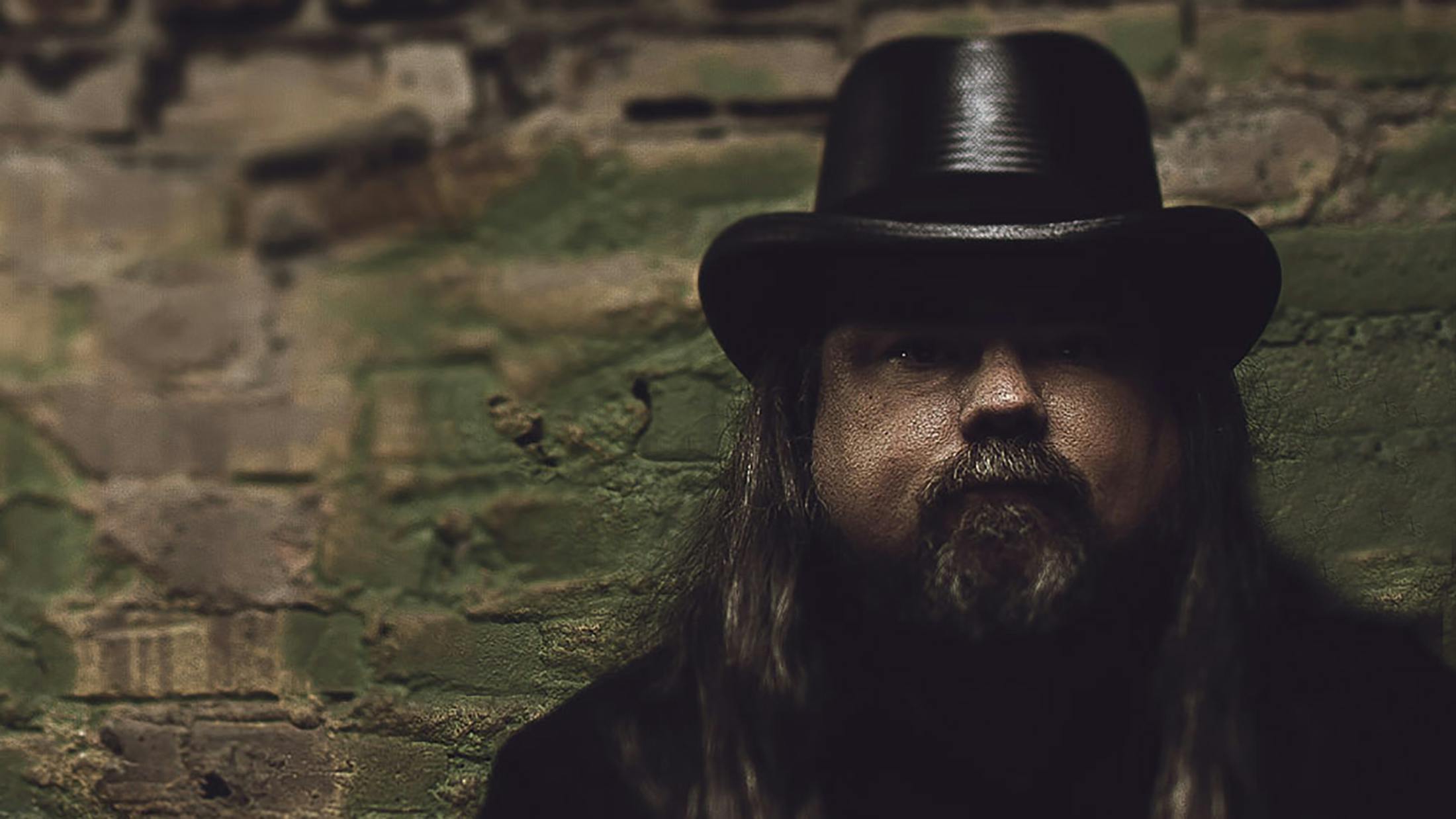You’ve made lots of records, but what was the transformative moment for you as a songwriter? Hey Jude is the first song you heard, but what was the first song you wrote?
“Well, I’d done a lot of stuff. I even tried my hand at rap one time in the 1980s, the ‘hip to the hop’ old rap. It was a lot of fun. But the first solo song… I bought a four-track in 1987 when I was about 21 and I had a drum machine and I made a song called That’s The Way Of The World. I still remember what it went like.”
What did it feel like when you’d got that first song?
“I have this thing where it’ll be like, ‘This didn’t exist when I got up in the morning.’ I still have that with the studio! I still find that to be fascinating.”
What has the process of songwriting as Shawn Smith The Artist taught yourself about Shawn Smith The Person?
“That I know how to do something good!”
Seriously, do you learn anything about yourself when you listen back?
“I don’t know. I listen to myself a lot. I enjoy listening to what I’m working on and going back to hear stuff. I don’t know what it teaches me about myself other than… whatever self-hatred I have, or feeling down about myself, there’s this thing that I do really well. And, um… does that teach me anything?”
It sounds like it might give you some confidence…
“When I’m doing music, when I’m doing songs or singing, that’s when I’m really myself, you know? I’m confident. I really know what I’m doing. It’s my job that I learned how to do, I feel, pretty well. I think I neglected a lot of other things in life being sort of so focussed on one thing. And, er, but… I don’t know. I don’t know what it teaches me (laughs).”
Greg Dulli once called you “Seattle’s Best-Kept Secret” – do you feel like you need to change that?
“Greg Dulli always had a certain drive to be successful in a way that I didn’t have. I had more of the drive to make the music and record the songs and make that vision happen but I never had that drive to work the career, to be on the phone yelling at managers. It’s real easy for me to be content being at home…”
